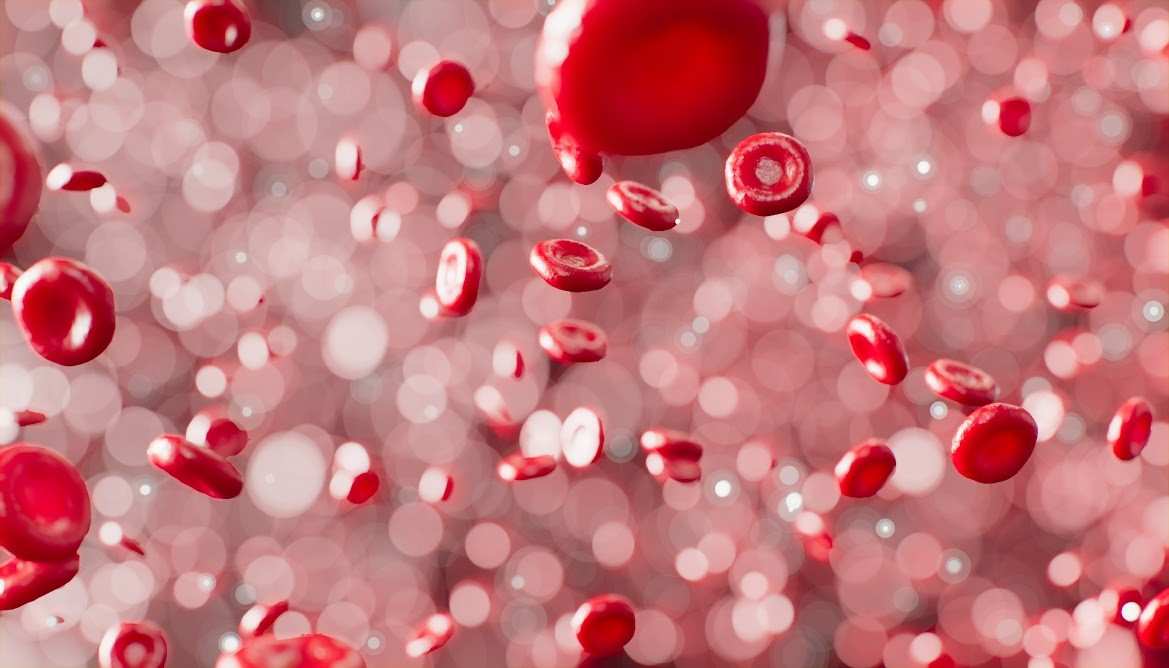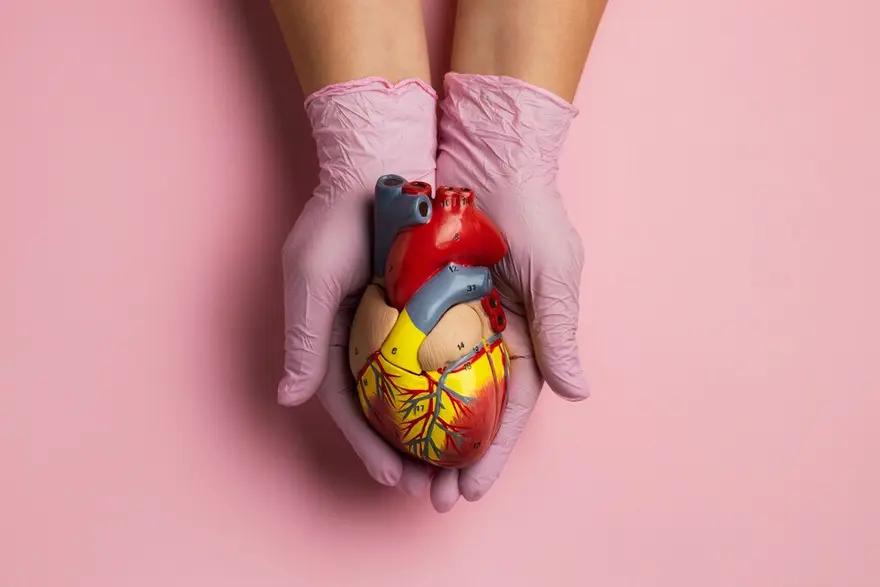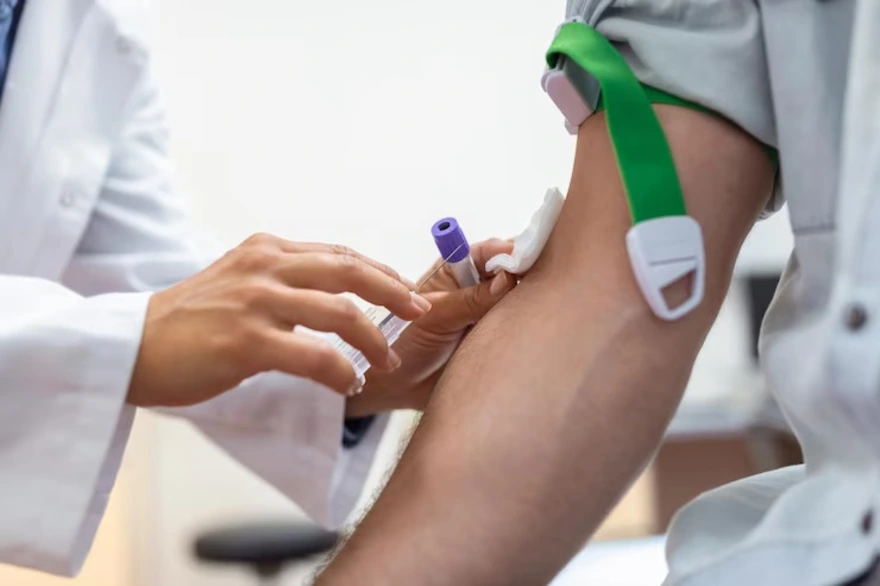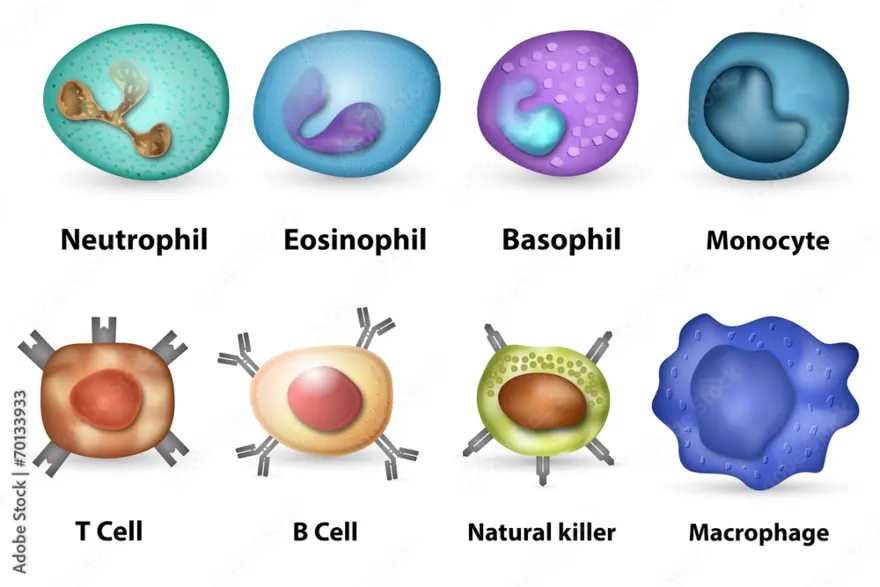Preventive Healthcare
Thalassemia: Types, Symptoms and Diagnosis
1719 Views
0

Thalassemia is a blood disorder inherited from a parent, which can cause the body to have a lower haemoglobin than usual. Haemoglobin helps red blood cells carry oxygen to the rest of the body. However, any disruption in this process can result in anaemia, leaving you feeling low on energy and fatigued.
Those with a mild case of thalassemia may not need to be treated. However, anyone diagnosed with a more severe case of thalassemia might require medication and regular blood transfusions. By living a healthy lifestyle with regular exercise and a good diet, even individuals with severe thalassemia can cope with fatigue.
What is Thalassemia?
This inherited blood disorder causes your body not to make enough haemoglobin, an essential part of the red blood cells. Red blood cells do not function well without enough haemoglobin and can last for shorter periods. With fewer healthy red blood cells in the blood, the body does not get enough oxygen which is the fuel for cell function. This causes fatigue, shortness of breath, and weakness in the individuals. The overall condition is called anaemia, and severe anaemia can also lead to organ damage and, ultimately, death.
Types of Thalassemia
Thalassemia is a genetic disorder that can be classified as a trait, minor, intermedia, and major, depending on the severity of the condition. Those who have thalassemia as a trait may not experience any severe symptoms of anaemia, while those who have the most serious type may need to undergo treatment.
Based on where the defect lies, thalassemia can be classified into alpha and beta-thalassemia. It is essential to understand which form of thalassemia you may have to ensure you get the proper treatment.
Alpha Thalassemia
Each individual inherits two sets of genes from each parent, making up the alpha global protein chain. The severity of the symptoms you experience will depend mainly on the number of defective genes inherited.
One missing or defective alpha gene, also known as alpha thalassemia minima, does not cause severe symptoms.
Two missing or defective alpha genes are known as alpha thalassemia minor and display only mild symptoms.
Three missing or defective genes lead to Hemoglobin H disease, which can display mild to moderate symptoms.
Four missing or defective genes is a rare disorder known as hydros fetalis with Hemoglobin Barts and can lead to death at the infant stage.
Beta Thalassemia
You inherit one beta-globing gene from each of your parents. Depending on how many of them are damaged or missing, you experience mild to severe symptoms.
In the case of one missing or defective gene, an individual will experience mild symptoms of anaemia, also known as beta thalassemia minor.
The individual will experience moderate to severe symptoms for two missing or defective genes. A more moderate version of the condition is called beta thalassemia intermedia, while the more severe case is Cooley’s disease or beta thalassemia major.
Symptoms of Thalassemia
The symptoms of thalassemia usually depend on the severity of the disorder.
Asymptomatic
Most asymptomatic individuals do not show significant symptoms of thalassemia, and they often have fatigue or other milder symptoms of anaemia. This happens when an individual is missing only one or two alpha and one beta genes.
Mild to Moderate Symptoms
Beta thalassemia intermedia can cause mild to moderate symptoms of anaemia. These can be issues like:
- Growth problems
- Delayed puberty
- Osteoporosis or bone abnormalities
- An enlarged spleen
The skeletal problems, in this case, can be corrected with the help of surgery, while your healthcare provider may suggest the removal of your spleen if it grows too large.
Severe Symptoms
In this case, the individual is missing three alpha genes that cause anaemia symptoms from birth throughout their life. Beta thalassemia can lead to severe anaemia that starts getting noticeable around age 2.
Severe symptoms of thalassemia include
- Poor appetite
- Yellowish skin (Jaundice)
- Tea-coloured dark urine
- Irregular bone structure in the face
Diagnosis of Thalassemia
Most cases of childhood and moderate to severe thalassemia are diagnosed early in life, as the symptoms show up in the first two years. For adults, your healthcare provider may prescribe a variety of blood tests that help diagnose thalassemia, such as
Complete Blood Count (CBC)
Complete Blood Count (CBC) test includes the measure of haemoglobin and the quantity and size of red blood cells. If you have thalassemia, your test results will show fewer healthy blood cells with lower levels of haemoglobin. In some cases, smaller than normal red blood cells are also present.
Reticulocyte Count
This test measures the level of young red blood cells in the body. It helps to diagnose whether or not your bone marrow is producing enough red blood cells.
Levels of Iron
Studies of the iron level in your body help diagnose the cause of your anaemia. Higher levels of iron but lower haemoglobin can indicate thalassemia, while low levels of both are a case of iron deficiency.
Other tests, such as Alpha Thalassemia by PCR, Alpha thalassemia gene analysis (HBA1 & HBA2), Beta Thalassemia (Prenatal + Parental Testing) - 30 mutations, and thalassemia studies can help with the diagnosis of thalassemia during pregnancy and later in life.
Conclusion
Thalassemia is a treatable disease, and the level of severity of the disease depends on the kind of thalassemia you are diagnosed with. If you experience any of the symptoms discussed above, it is best to visit your healthcare provider to determine whether you need ongoing care. To err on the side of caution, it is best for individuals planning on having kids to check if they may be carriers of the thalassemia gene and seek advice from a genetic counsellor on moving forward.
Metropolis Labs makes undergoing these tests easy, as individuals can opt for its at-home services. Highly trained technicians collect blood samples at home before sending them to our advanced diagnostic labs. You will then get the results via email or the Metropolis TruHealth app. Find the test you need here.
 Home Visit
Home Visit Upload
Upload














1701259759.webp)









 WhatsApp
WhatsApp